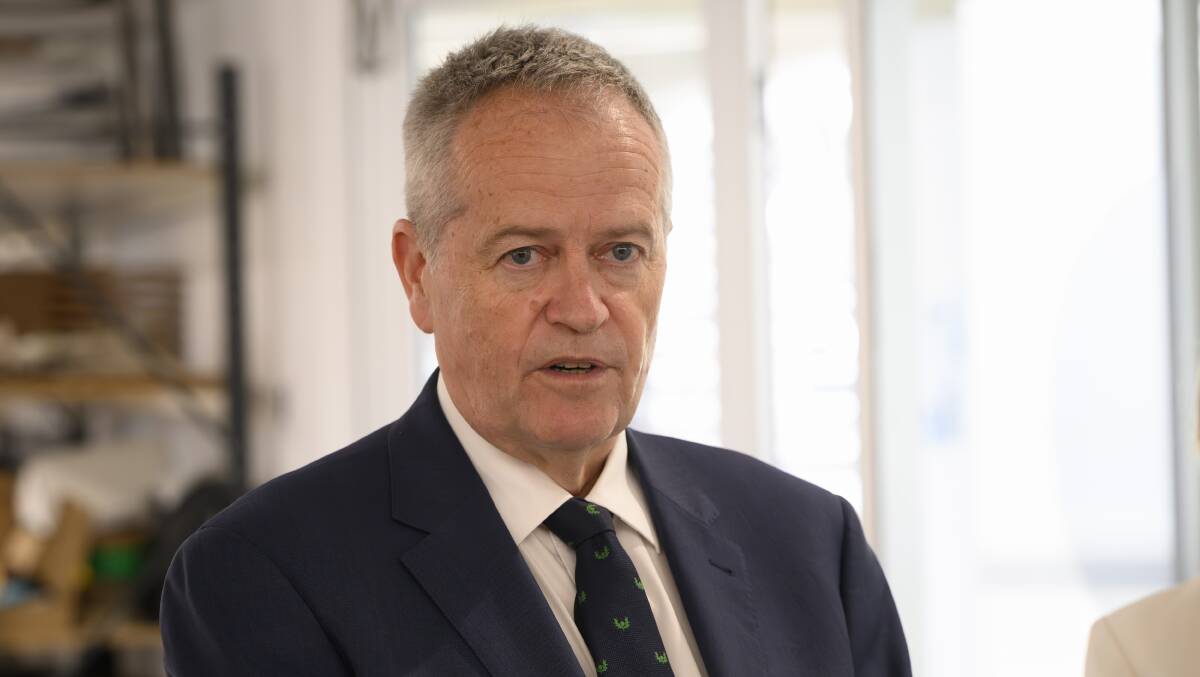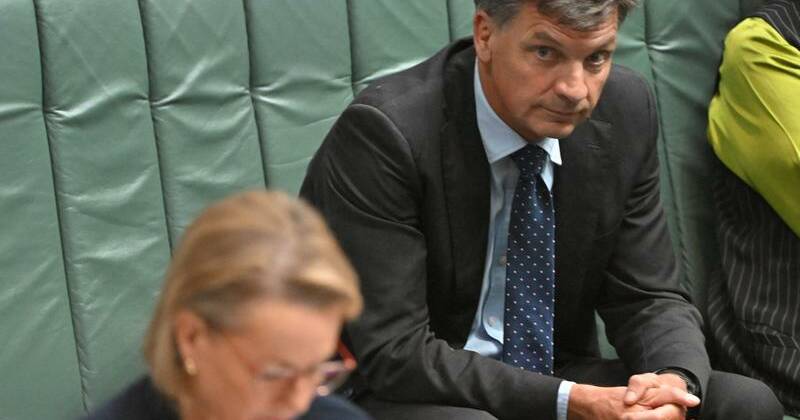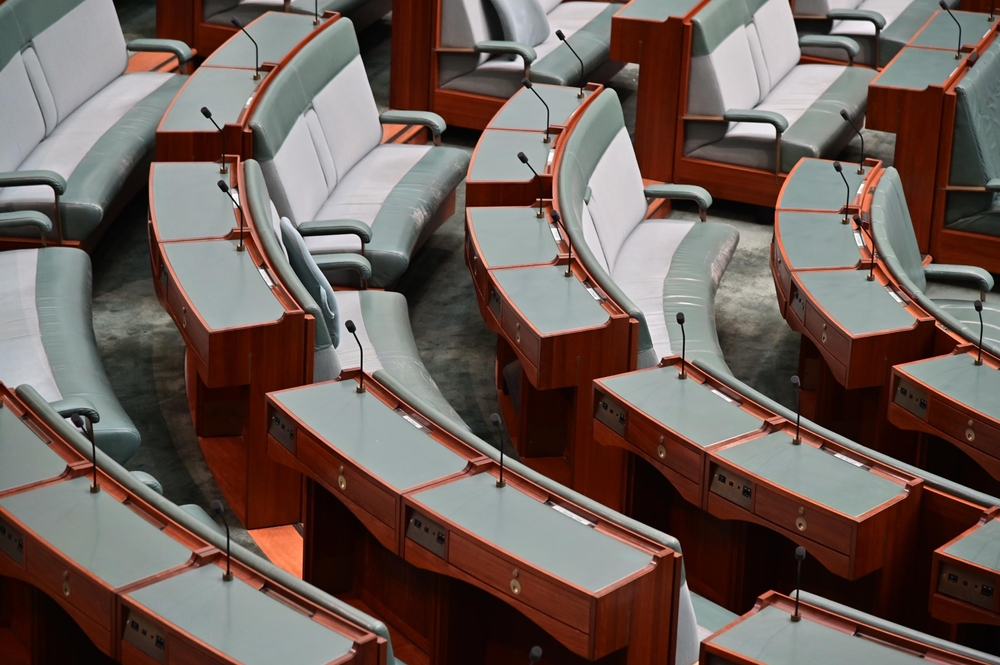
PERTH, AUSTRALIA - APRIL 17: A sky diver flying the Australian Flag enters the course prior to the Red Bull Air Race Qualifying on April 17, 2010 in Perth, Australia. (Photo by Cameron Spencer/Getty Images for Red Bull Air Race)
UPDATE: A critical debate is escalating in Australia surrounding the **growing divide** between two intellectual cultures that are increasingly seen as **tearing society apart**. New discussions have emerged about the implications of a **23% drop in history students** and a **31% decline in history staff** since 1989, raising urgent questions about the role of humanities in today’s society.
Just announced: Nobel Prize winners **Daron Acemoglu** and **James A. Robinson** highlight the **success of Australia’s utilitarian culture** in fostering economic growth and democracy. Their work argues that inclusive institutions have led to a **virtuous cycle** benefiting ordinary citizens, yet the humanities face a dire crisis.
As the country grapples with these trends, many worry about a **disconnect** from the needs of everyday Australians. Critics argue that the **government’s fading support** for humanities is exacerbating this issue, leaving universities struggling to bridge the gap between practical problem-solving and theoretical discourse.
Why this matters NOW: With the ongoing decline in humanities studies, experts are voicing concerns about a **lack of engagement** with pressing societal issues. The crisis in the humanities not only threatens the field itself but also raises alarms about the **capacity of universities** to provide policy direction and solutions to government challenges.
According to the **Hon. Reg Hamilton**, an adjunct professor at the **School of Business and Law** at **Central Queensland University**, the disconnect stems from a broader issue within the academic community. He states, “Political campaigns in a democracy include personal animosity and abuse, which detracts from the ability of experts to engage in productive discourse.”
As universities are increasingly viewed as **islands of ideological bias**, many argue that this trend undermines their ability to contribute to national policy debates. The issue is particularly pronounced in areas where humanities experts are perceived to prioritize campaigning over research, leaving a vacuum in critical discussions about policy solutions.
This crisis is compounded by a **growing perception** that academic institutions are disconnected from the realities facing ordinary Australians. Hamilton highlights that the successful nation-building narrative often goes unacknowledged in contemporary discourse, leaving a significant gap in public understanding and engagement.
Next steps: As this debate unfolds, attention will be focused on how universities can adapt to ensure they serve as **repositories of knowledge** that address the needs of all Australians. Policymakers are urged to consider the implications of these trends and to foster a more inclusive dialogue that embraces the contributions from both utilitarian and humanities perspectives.
The urgency of these discussions cannot be overstated, as they hold the potential to impact the future of Australian society fundamentally. With local businesses and ordinary citizens feeling the effects of this divide, the call for reformation in academia is louder than ever.
In summary: Australia stands at a crossroads, facing the critical need to address the **tensions between its two intellectual cultures**. As the stakes rise, the nation must navigate these challenges to ensure that both utilitarian and humanities perspectives can coexist and thrive for the benefit of all Australians.
Stay tuned for further updates as this situation develops.





